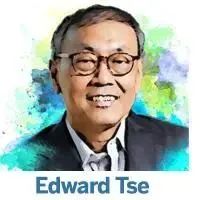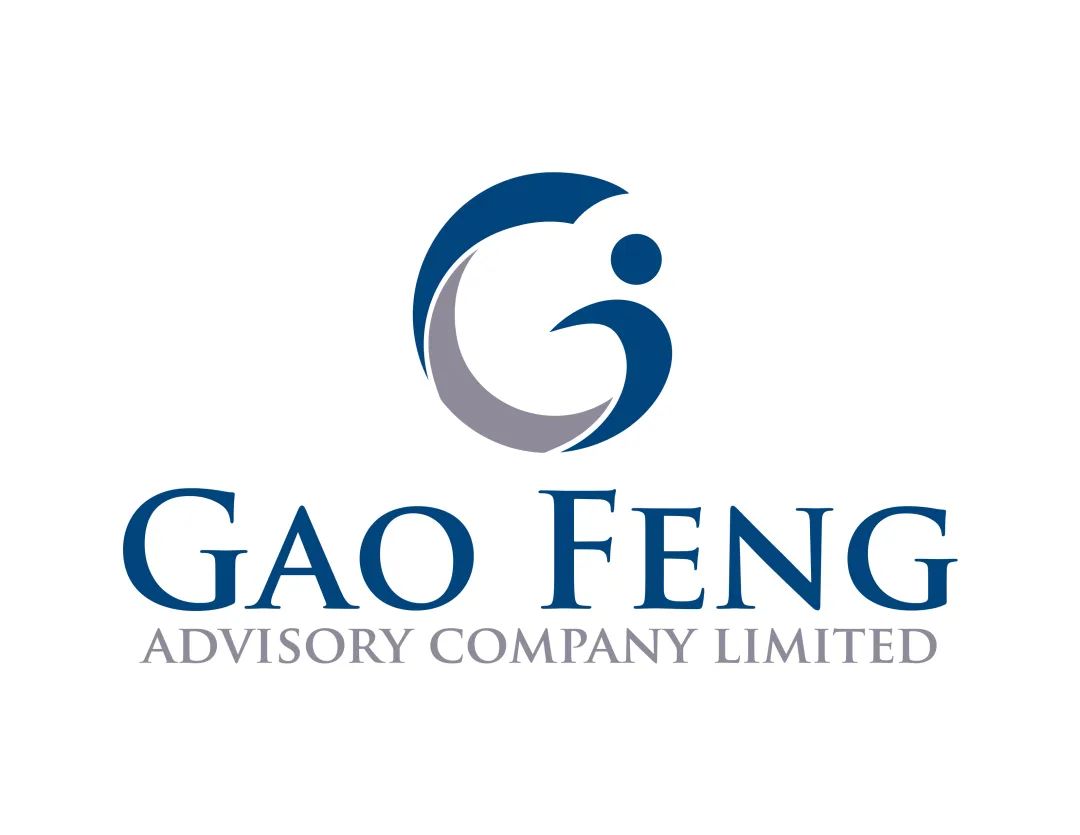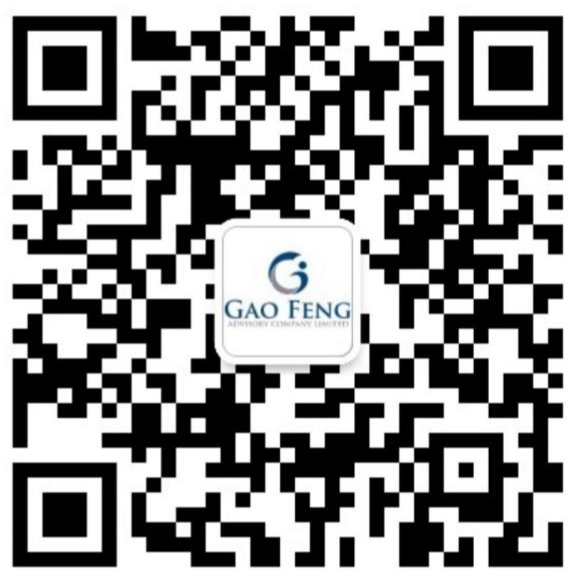What can Hong Kong learn from Shein and Game Science?
A recent article authored by Dr. Tse was published by China Daily on 10th September, 2024. Shein, Game Science and other mainland tech companies are demonstrating that there are ways to succeed if you know what you are doing. And you can also create significant value and employment.
The Hong Kong Special Administrative Region government has named “new industrialization” (or reindustrialization) and technological innovation as its development priority. And it has made significant progress. Researchers at Hong Kong universities are well-known for their knowledge and capabilities in areas such as life sciences, artificial intelligence and financial technologies. Many Chinese mainland and foreign companies, like AstraZeneca, have set up research and development centers in Hong Kong. In June, Renault-backed BeyonCa announced its plan to make electric vehicles in Hong Kong. That marks a breakthrough in Hong Kong’s manufacturing industry.
While Hong Kong is making progress in these fields, it is fair to say that the public has yet to feel any meaningful impact. While these activities have generated some employment, they have yet to create a significant number of jobs.
Any government policy should put the interest of its people first and foremost. In the case of new industrialization and technological innovation, the priority should be to help create incomes and employment, ideally with a large volume. New industrialization and innovation should aim for broadening the industry base in Hong Kong. Before the 1990s, Hong Kong had a vibrant manufacturing industry. Its toy-making, apparel, consumer electronics and other light sectors were highly developed and took leadership positions worldwide. With the opening-up of the mainland, Hong Kong businesspeople began to move their plants northward, looking for lower costs, and many big companies shifted to property development from manufacturing. As a result, Hong Kong’s industry structure began to shrink, limiting young people’s social upward mobility — a problem still haunting the city today.
How should Hong Kong make a breakthrough in this regard? Two successful business cases from the mainland could provide inspiration.
Shein is a leading global fast-fashion company based in the mainland, with its core capabilities clustered around Guangzhou. By 2024, Shein had a valuation of around $45 billion, surpassing established industry leaders like H&M and Zara. Shein targets Generation Z consumers worldwide with trendy, affordable products by combining innovative front-end strategies with China’s robust production platform at the back end. On the sales side, its agile, dynamic pricing, extensive understanding of global fashion trends, and robust omnichannel sales strategy allow the company to swiftly adapt to market changes and consumer demand across many countries. On the supply side, Shein’s rapid growth and market impact is rooted in its strategic use of China’s efficient production capabilities in the apparel sector. By leveraging the scale and efficiency of China’s apparel-making sector, Shein has created over 1 million jobs across various industries, mainly around the greater Guangzhou area, including logistics and manufacturing. The company’s operations also contribute significantly to Guangzhou Baiyun International Airport’s cargo traffic, contributing 400,000 metric tons of cargo annually.
The recent video game blockbuster Black Myth: Wukong was developed by China’s up-and-coming triple-A game producer, Game Science, based in Hangzhou and Shenzhen. On the global level, the game has achieved the world’s second-highest number of concurrent players of 2.2 million. Financially, the game has generated approximately $700 million in revenue within weeks of launch. Entrepreneurship and an innovative spirit are the two biggest contributors to Game Science’s success. The company builds on Chinese culture using technology and creativity tailored toward global gamers’ tastes. Game Science key co-founder Feng Ji tried to develop a video game a decade ago while he was working for Tencent. That was a flop. But Feng and his co-workers didn’t give up. It took them another 10 years to achieve a huge success. The perseverance and entrepreneurial spirit were impressive. Black Myth: Wukong’s development team in Game Science has about 140 members, but it also relies on working with directly outsourced teams, totaling roughly 1,400 people; on a broader level, if we include the entire ecosystem of outsourced vendors, collaborators and partners on the creative, software and hardware levels (such as private studios, art academies and government-backed institutions), the entire ecosystem may involve a total of over 300,000 people, primarily within China.
From these two cases, we can draw the following lessons for Hong Kong:
While Shein’s customer-facing business model is digitally driven, innovative and global, its back-end supply clusters are made up of traditional apparel manufacturers all clustered around one region in Guangdong. You don’t necessarily need high tech to generate innovation. Low-tech can also do it. In Shein’s case, it can generate large-scale employment.
Both Shein and Game Science target markets beyond China’s borders. Their customers are global, and Hong Kong entrepreneurs can develop the same aspirations.
For a long time, Hong Kong was renowned for its creative industries, especially its movies and TV soap operas. However, while Black Myth: Wukong is breaking global records, according to reports on social media, currently no new movies are being produced in Hong Kong.
Game Science has demonstrated that if you have good ideas, understand the technology and what gets target consumers interested in your product — as well as, in Black Myth: WuKong’s case, a deep appreciation of Chinese culture — a global vision is the key element for success.
Shein, Game Science and other mainland tech companies are demonstrating that there are ways to succeed if you know what you are doing. And you can also create significant value and employment.
Hong Kong should follow their example.

The author is founder and CEO of Gao Feng Advisory Company, a strategy and management consulting firm with roots in China.


Gao Feng Advisory
Gao Feng Advisory Company is a professional strategy and management consulting as well as investment advisory firm with roots in China coupled with global vision, capabilities, and a broad resources network
Wechat Official Account:Gaofengadv
Shanghai Office
Tel: +86 021-63339611
Fax: +86 021-63267808
Hong Kong Office
Tel: +852 39598856
Fax: +852 25883499
Beijing Office
Tel: +86 010-84418422
Fax: +86 010-84418423
E-Mail: info@gaofengadv.com
Website: www.gaofengadv.com
Weibo: 高风咨询公司
